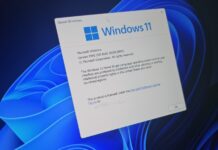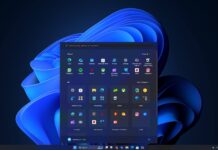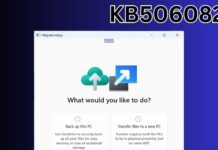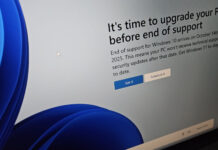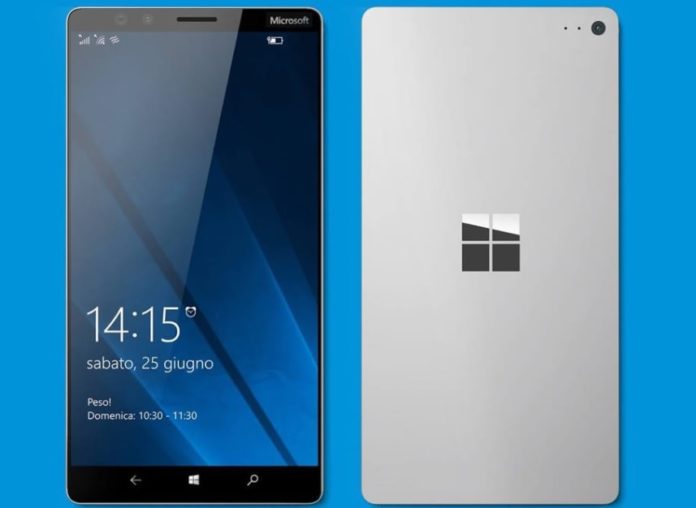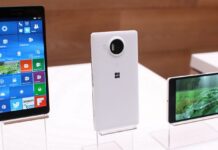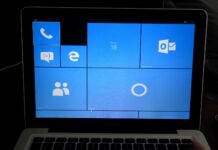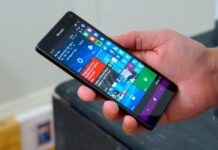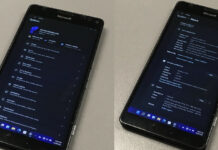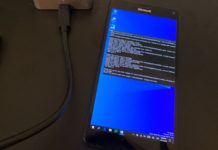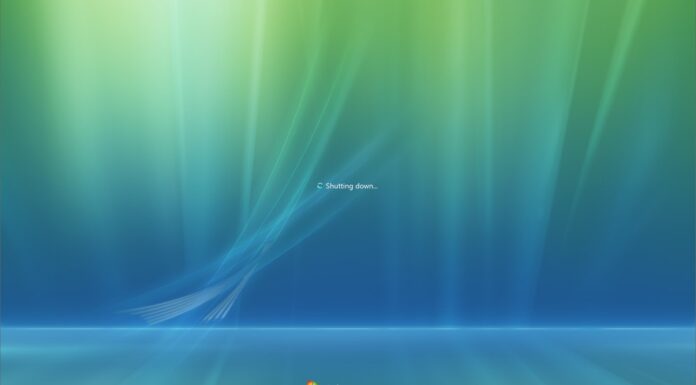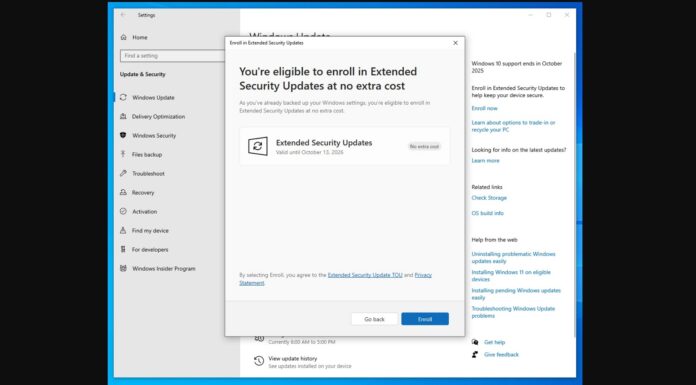Microsoft’s long-rumoured foldable Andromeda (also referred to as Surface Phone) is launching later this year but it appears that it won’t have Polaris (CShell) version 2 or support for Win32 applications initially. A new report also claims that Microsoft’s ultimate mobile device could launch as soon as this year, and it will be powered by Windows Core OS with Andromeda Shell.
While Andromeda CShell is mobile-focused, Polaris is a CShell for desktop that would run on top of the Windows Core OS to deliver the best experience on large screen size devices. Polaris is reportedly arriving next year, while Windows Core OS with Andromeda will be unveiled later this year. Microsoft is designing Windows Core OS for desktop without the legacy Windows elements and applications, in other words, the operating system will be limited to Microsoft Store, just like Windows 10 OS but in a much better way. Polaris will compete with Chromebook as the devices powered by Polaris Shell will be lightweight, secure and faster than the traditional Windows 10 laptops. While Polaris won’t support Win32 applications natively, Microsoft is exploring new ways to emulate the legacy applications to fill the app gap.
Microsoft is also working on adding support for Polaris to the foldable mobile device, and this will make the foldable device, even more, advance, lightweight and faster without Win32 legacy codes. If the new report is believed to be true, when Microsoft will announce the foldable phone, it won’t support the Polaris version 2. However, the support for Polaris version 2 will be added in the next update stated to arrive in 2019.
It’s also worth noting that Polaris version 2 will support Win32 applications through virtualization, the power consuming applications could run with its full efficiency, all because of cloud power. However, the foldable phone will ship with an early version of Polaris that will lack virtualization support for Win32 programs. The foldable phone will be updated in 2019 with support for virtualization, but until then the device will be locked to Microsoft Store applications.
RAIL (Remote Application Interface Layer) and VAIL (Virtualized Application Interface Layer) will add support for the Win32 applications in Polaris version 2. Microsoft needs more time to get RAIL and VAIL work flawlessly in Windows 10 operating system with Polaris. Everything’s still in the rumour stage but it’s likely that the foldable Windows 10 might see the daylight in 2018. The foldable device is also likely to the long-promised Microsoft’s ultimate mobile device which will offer a number of features, from portability to productivity.


